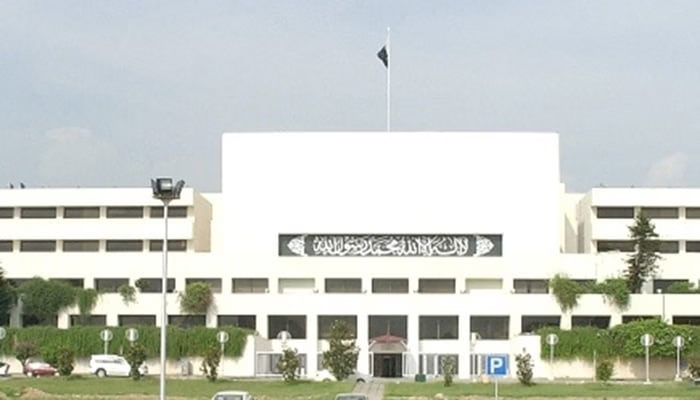The National Assembly of Pakistan has passed the Prevention of Electronic Crimes (Amendment) Act, 2025, introducing significant changes to the existing law. The amendments have faced severe backlash from journalist bodies, who have vowed to challenge the bill in court and protest against its provisions.
Journalist Bodies Condemn the Amendments
The Pakistan Federal Union of Journalists (PFUJ) Secretary General Arshad Ansari criticized the government’s move, calling it a violation of their earlier promise to consult stakeholders. He announced nationwide protests, boycotts of assembly sessions, and legal challenges against the amendments. Media associations, including the PFUJ, All Pakistan Newspapers Society (APNS), and Council of Pakistan Newspaper Editors (CPNE), have rejected the bill, citing concerns over press freedom and misuse of power.
Key Features of the PECA Amendment Act, 2025
The new legislation proposes a comprehensive overhaul of the existing cybercrime framework, including the establishment of regulatory bodies, stricter penalties, and new definitions for offenses.
Stricter Penalties for “Fake Information”
Under Section 26A, the law imposes up to three years of imprisonment or a fine of up to Rs 2 million for anyone intentionally spreading false or fake information that could incite fear, panic, or disorder in society. This clause has raised concerns among journalists, who argue it could be used to suppress freedom of expression.
Establishment of New Regulatory Bodies
The amendment bill proposes creating the following institutions to strengthen the regulatory framework:
- Social Media Protection and Regulatory Authority (SMPRA): Tasked with monitoring online content and ensuring compliance with the law.
- National Cyber Crime Investigation Agency (NCCIA): Responsible for investigating and prosecuting cybercrime offenses.
- Social Media Protection Tribunal: Comprising a chairperson, a journalist, and a software engineer, these tribunals are required to resolve cases within 90 days, with appeals allowed to the Supreme Court within 60 days.
Expanded Powers and Responsibilities
The SMPRA will have the authority to direct social media platforms to remove or block content that violates the act. This includes content deemed:
- Against the ideology of Pakistan.
- Inciting violence, hate speech, or contempt on religious, sectarian, or ethnic grounds.
- Containing obscene or pornographic material.
- Promoting terrorism or violence against state institutions.
The authority can also mandate social media platforms to register and comply with additional conditions as prescribed by the government.
Concerns Over Press Freedom
Journalists fear that the amendments could stifle freedom of speech and enable censorship. The bill’s vague definitions and broad powers granted to regulatory bodies could be misused to target dissenting voices.
Arshad Ansari emphasized that journalists would not tolerate such laws, as they undermine democratic values and freedom of expression. The government has bypassed all promises of consultation and imposed these amendments unilaterally, he stated.
Provisions for Aggrieved Parties
The bill includes measures for individuals to file complaints with the Social Media Complaint Council against violations of the law. Complaints must be addressed within 24 hours, ensuring swift action against offenders.
Aims of the Legislation
The government claims the amendments aim to modernize the legal framework for combating cybercrime, ensuring alignment with current challenges and threats. The law seeks to address issues such as fake news, cyber harassment, and online hate speech, which have grown in complexity over recent years.
Despite the government’s assurances, the amendments face significant opposition. Journalist bodies have announced plans for countrywide protests and legal challenges. The amendments are expected to spark heated debates over press freedom, censorship, and the balance between security and individual rights.
As the bill progresses, its implications on journalism, freedom of expression, and digital rights will remain under scrutiny, with both domestic and international stakeholders closely monitoring developments.
The Prevention of Electronic Crimes (Amendment) Act, 2025, represents a turning point in Pakistan’s approach to regulating cyberspace. While the government touts it as a necessary step to combat cybercrime, critics argue it poses a grave threat to fundamental freedoms. The coming weeks will determine the bill’s fate and its impact on the country’s democratic fabric.



